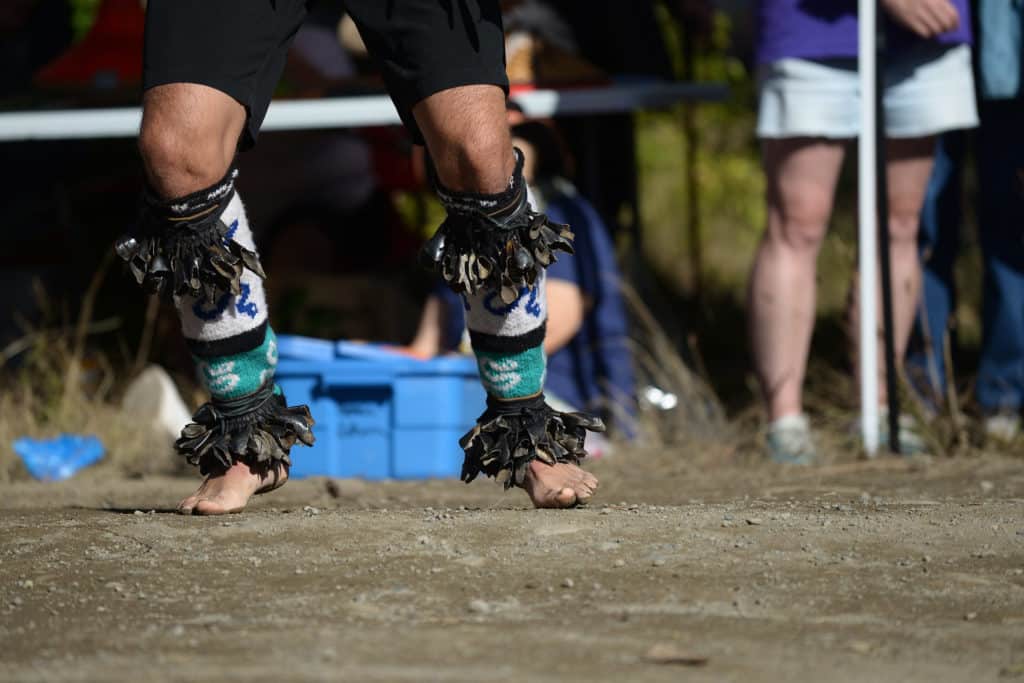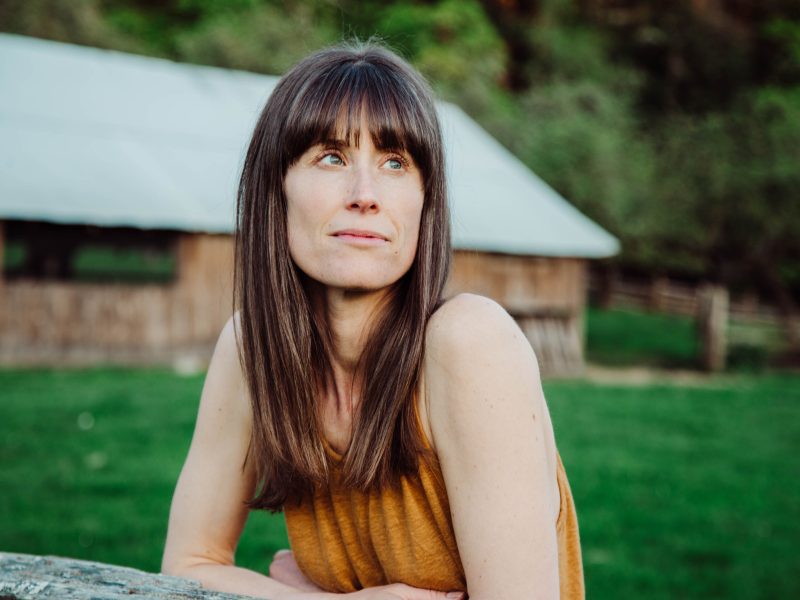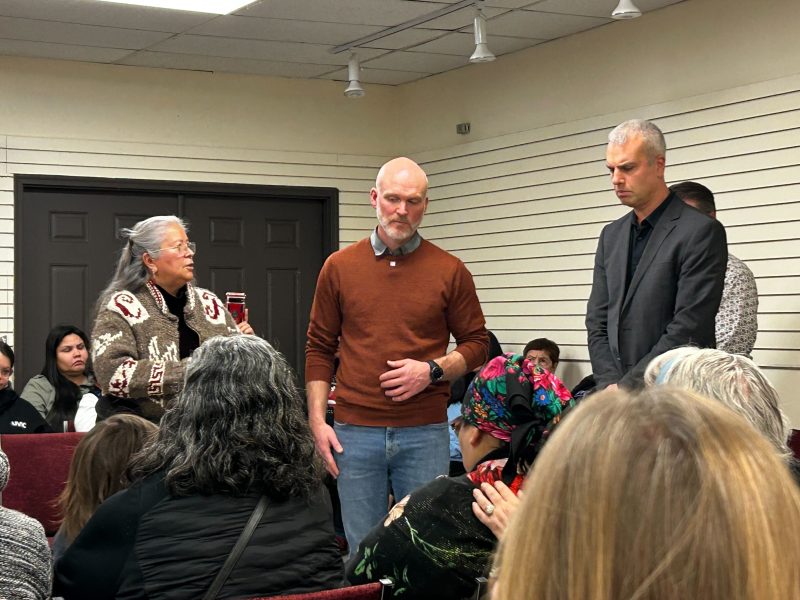
At a meeting on Sept. 22, Municipality of North Cowichan council voted unanimously to implement the calls to action of the Truth and Reconciliation Commission of Canada as they relate to municipal governments.
The council endorsed the principles of the TRC’s calls to action and instructed staff to work with the council’s First Nations Relations Committee to develop a process, plan and budget to implement them.
It was coincidence and serendipitous that this action took place just eight days ahead of the first National Day for Truth and Reconciliation, Al Siebring said following the meeting, in an interview with The Discourse.
It’s part of ongoing work in the municipality to improve government-to-government relationships with First Nations, he said.
“This is not something that you just snap your fingers and make it happen overnight,” Siebring said. “It’s something that we continue to try to be committed to.”
Related article: Reconciliation: Breaking down the buzzword
The Municipality of North Cowichan sits on the unceded territories of Cowichan Tribes, Halalt First Nation, Stz’uminus First Nation, Penelakut Tribe and Lyackson First Nation.
The TRC’s 94 Calls to Action were released in 2015, six years ago. Nine of the calls ask for specific actions from “municipal governments” or “all levels of government.” It’s those nine actions that North Cowichan has now committed to addressing.
They include adopting the United Nations Declaration on the Rights of Indigenous People as the framework for reconciliation, offering education and training for staff on Indigenous history and anti-racism, nurturing Indigenous athletes, funding efforts to locate and commemorate residential “school” burials, and other actions. The full list can be found here.
The Federation of Canadian Municipalities’ Big City Caucus responded to those calls to action in a 2016 report. On June 1, 2021, in the wake of the announcement that 215 children had been found buried at the site of the residential “school” in Kamloops, the federation reaffirmed its commitment to supporting municipal leaders to take action.
On April 21, 2021, The Municipality of North Cowichan hosted a virtual government-to-government meeting with Cowichan Tribes, the City of Duncan, the Cowichan Valley Regional District and the Cowichan Valley School District, according to a staff report (page 419).
The municipality is also strengthening relationships with First Nations through consultations on the future of the North Cowichan municipal forest, Siebring said.
The municipal forest includes about 5,000 hectares of land, or a quarter of the municipal land base. It is rare in Canada for a municipality to hold the title to significant areas of forested land. For decades, the municipality has logged sections of the forest, with the proceeds supporting municipal services.
In late 2018, public pressure to review the use and management of that land led to a commitment from the council to consult deeply and broadly on its future. The timeline for that project has been delayed, in part to allow for appropriate consultation with the Quw’utsun Nation (Cowichan Tribes, Halalt First Nation, Stz’uminus First Nation, Penelakut Tribe, and Lyackson First Nation.)
“How do we take their interest into account? We don’t just want to consult with them or engage with them as a stakeholder, we want to engage them as what they are, which is the Cowichan Nation,” Siebring said.
Last month, the municipality signed a memorandum of understanding with Quw’utsun Nation to continue discussions that relate to how the municipal forest lands will be managed into the future. [end]



